We quietly went up north by train to Bangkok, and then continued north to find ourselves at 300 km up of the capital, in the province of Phichit. We are expected in Ban Pong Wua Daeng School to give a few hours of English lessons every day.
Teacher Rut from the school comes to greet us at the train station and takes us back to the school where we will spend the next 3 weeks, and which is lost in the middle of nowhere, an hour away from the train station. Alice is excited and stressed to meet the students the next day. The day begins at 8am for children, with the flag ceremony, during which they sing their national anthem and other songs. In the morning, the director invites us for breakfast and offers us to work as “english teacher” for 6 months. We are touched by his kindness and generosity but still decline the offer …
The lessons will officially start the next day for us. Alice will be in kindergarten, with the 3 years old children in the morning, and 5 years old in the afternoon. Mehdi, meanwhile, will be a free electron in primary school, sometimes having to give an English class in front of 20 students who have never had English lessons before, and sometimes with smaller groups a little more aware that there are other languages in the world than Thai.
Then begins for us a new routine, because since the beginning of our trip, we have never stayed so long in one place. Mehdi takes this opportunity, during his free time, to do his intensive training in preparation for the Iron Man for which he registered in May in Vietnam, while Alice reads her books in the cool AC room.
In the mornings, we are often awakened by the Buddhist temple. Far from the European image that we have of zenitude and soft Buddhist gongs, it is rather the loudspeakers which sing cheerfully a dubious Thai rock that come to pull us out of our sleep. Then, a monk speaks for fifteen minutes in Thai, so loud that he could be in front of our bed. We wonder who he is really talking to … The other times, it’s the funeral music they play, when a person from the village is dead. Traditional flutes and drums repeat the same song for 1:30, it’s already nicer but still, we do not understand why they need to amplify the sound like that. Perhaps it is precisely to teach us how to meditate properly: to keep calm at 5:30 am when receiving noise, or, learning the real mediation.
With children, it is not always easy to be understood and Thai teachers do not always speak better than their students. Alice teaches them songs, which work very well with the little ones, while Mehdi draws on the board to teach them new words.
We discover that educational methods are very different from ours. Here, the stick is still used to get the children’s minds learn better the concepts and it is not uncommon for the teachers to raise their hands on the children to remind them to stay silent. The teaching is done by a lot of repetition, but the memory does not seem to be solicited enormously. This raises questions about what children really remember about the different words and concepts they learn.
We meet four Philippian teachers, and one Vietnamese. It is very interesting to be able to discuss the cultural differences between these Southeast Asian countries and to discover other countries through them. We even want to make a hook by the Philippines now!
These three weeks are therefore passing quickly, and it is already time to leave, after attending the very official inauguration of the school library. We are amazed to see all the work that the teachers are able to provide for the preparation of this festival which lasts 2 hours.
So here we are in a train that brings us back to Bangkok, before continuing to Cambodia. We have the pleasure of seeing Gabriela who is studying here, and shows us the nocturnal beauties of this huge cosmopolitan city. Perfect for one last evening before leaving this country where we will have spent 2 months in all.
In conclusion, here is a list of things that surprised us, stunned us, questioned us, since our arrival in Thailand:
- Thais love more than anything their country, their culture, their food (especially!), and would not trade it for anything in the world.
- As a general rule, when it’s not a touristic place, Thais do not speak English at all. They ask us “speak thai?” as if we had to know their language right away since we are in their country. The concept of English as an international language has not yet arrived everywhere here!
- We did not feel it, but it is a military dictatorship that runs the country, delaying the elections, banning the demonstrations, imprisoning people for a yes and for a no. Despite the well-developed appearance of Thailand, we wonder what will happen to them in the coming years.
- The organization is of course very different from our countries, but we have not managed to understant it. When we asked, for example: is there a train that day where we can put our bikes in? We got answered: do not worry, we will take you to the train, no problem. We do not worry, we ask the question. But on the departure day, at the appointed time, we are brought to the train but it does not take the bikes … we have to wait 23pm for the next train … Emm, well that’s why we would have liked to know before, but apparently waiting is not a problem for Thais.
- The black scorpions, which we will encounter twice and which measure between 15 and 20 cm, frighten us more than we would like; but do not impress the Thais very much, any more than the snakes; besides, when by bad luck the children of the school find one, it is a crowd gathered around to annoy it and throw pieces of wood on it.
- Despite some beautiful wooden buildings on stilts, the houses we saw are often very poorly insulated, barely closed and let in heat from all sides, which encourage those who have air conditioning to use it at full power.
- Plastic is king here, and it’s hard to refuse it as soon as we want to buy something. We are assured, however, that children receive an education at school about environmental problems, but this does not work yet very well it seems. It is in all the shapes and is found everywhere, from beaches to rivers, through fishs. When we do not see it, it is because it was burned by the inhabitants next to their house, since the dump sites do not exist, in the remote corners of Thailand anyway.
- At first, we were shocked to see how the Thais like to laugh about the theme of homosexuality, not hesitating to make rude gestures. Butt we discovered later that homosexuals are totally accepted here, marriage for them being allowed. It is very common to cross in the street, the store, the market, a man wearing makeup and women’s clothes.
Watch our pictures here! Unfortunately, we still cannot make videos because our computer is not repaired yet.

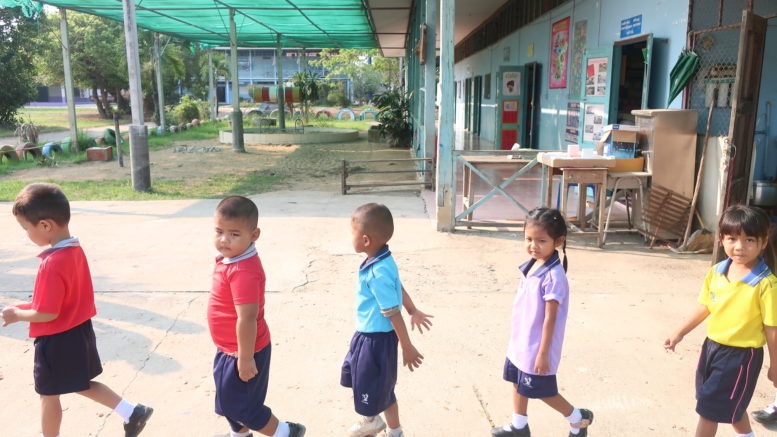
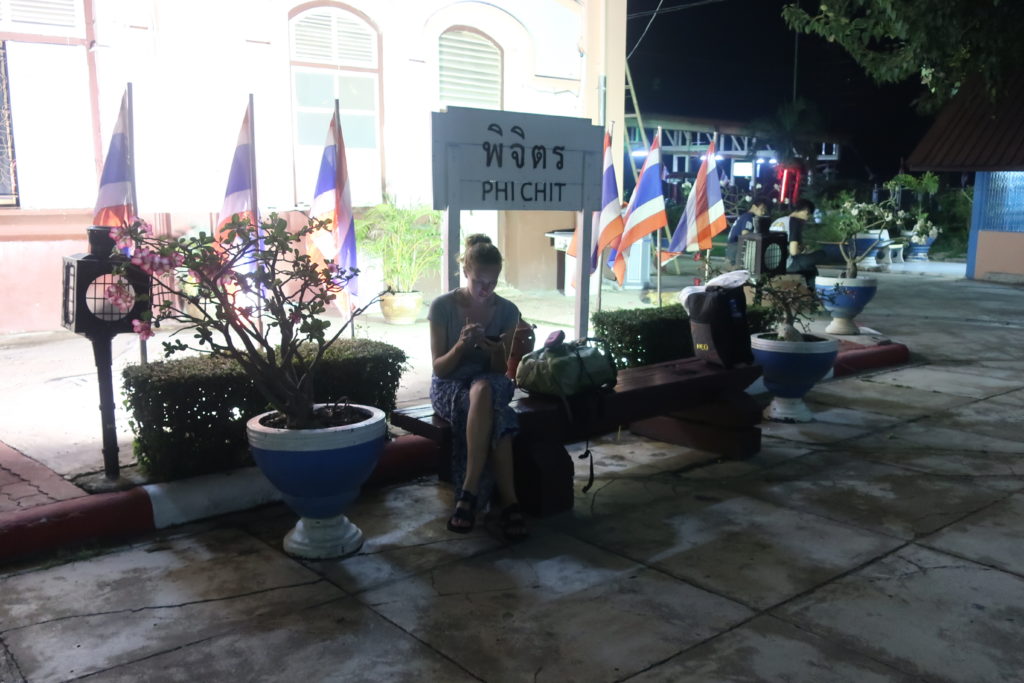
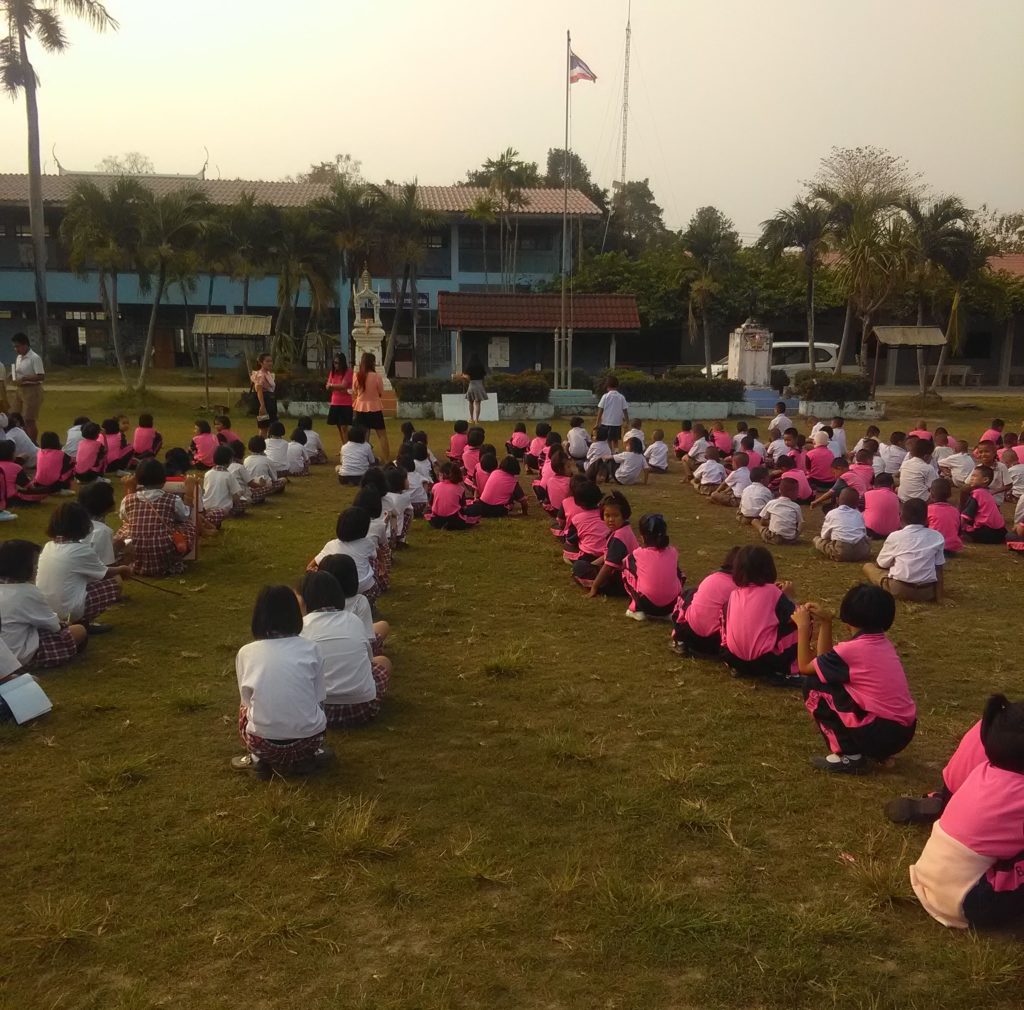
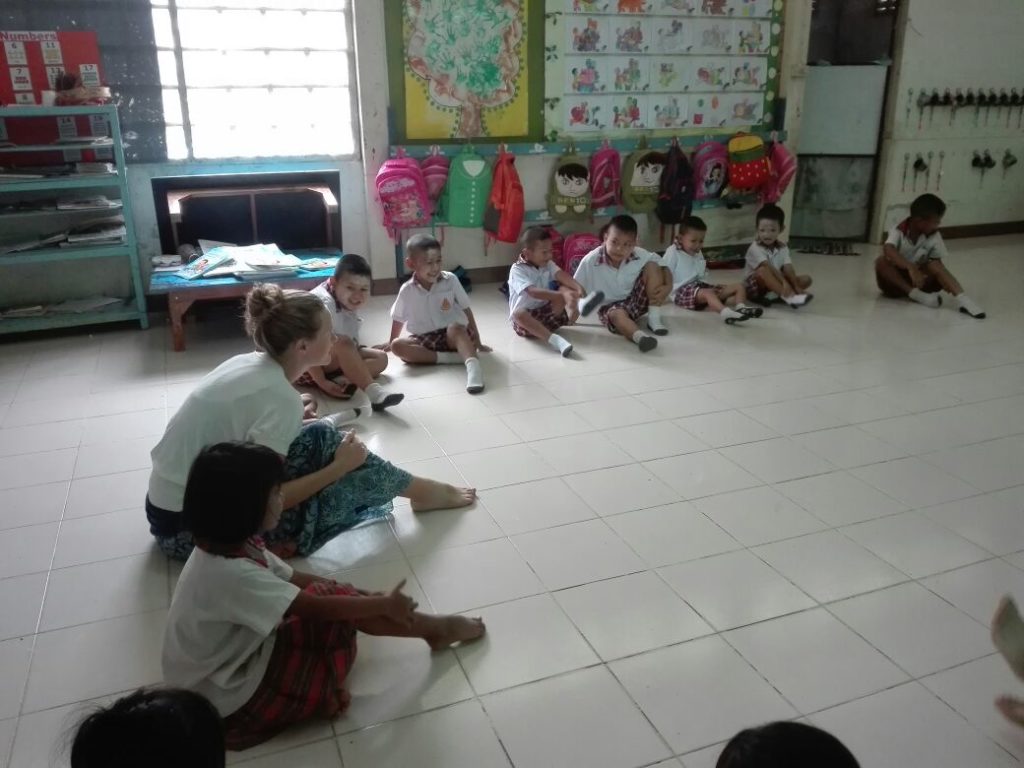
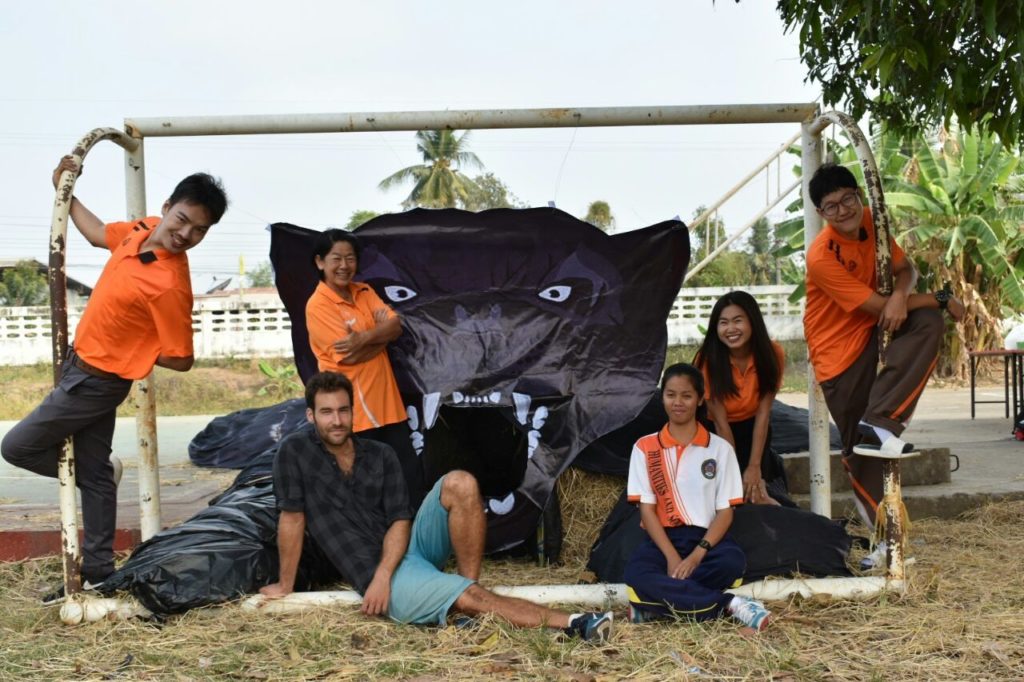
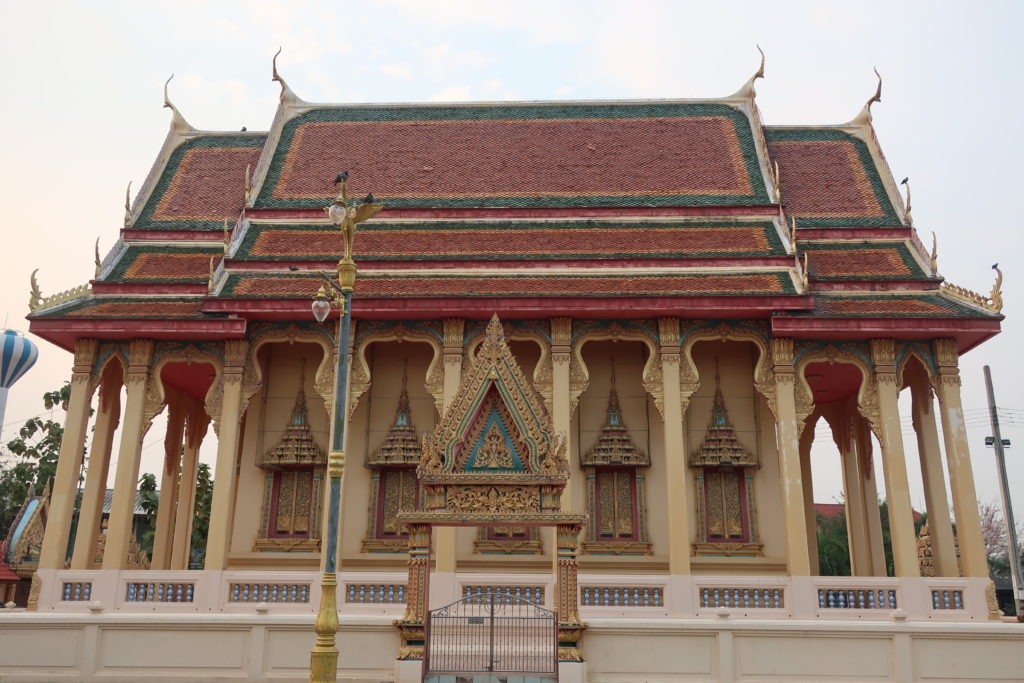
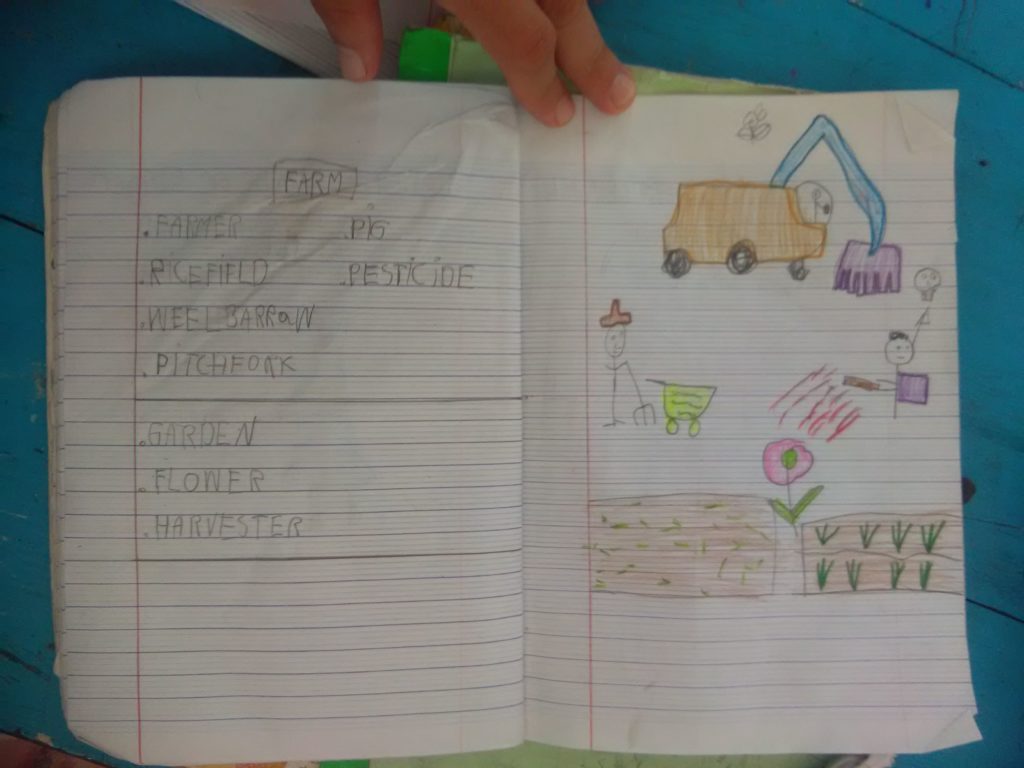
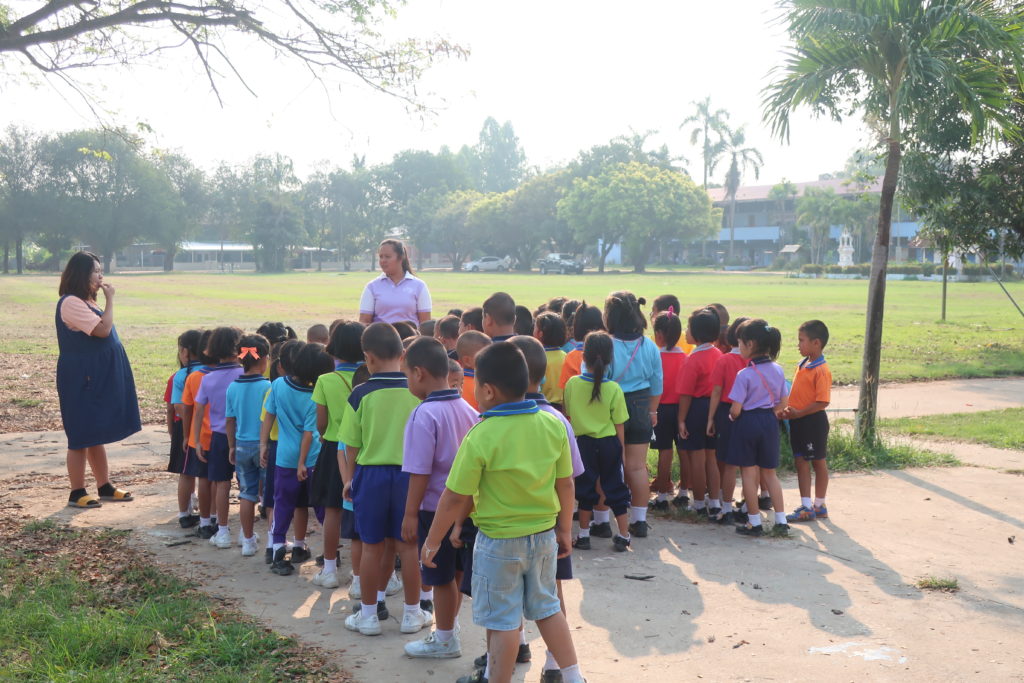
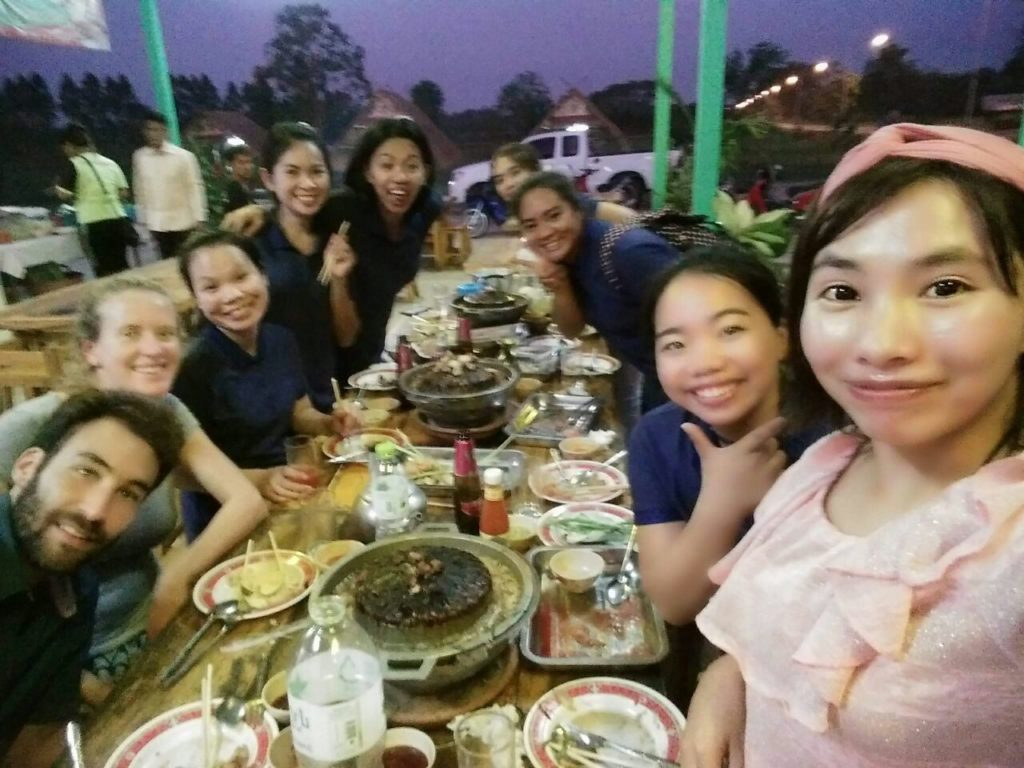
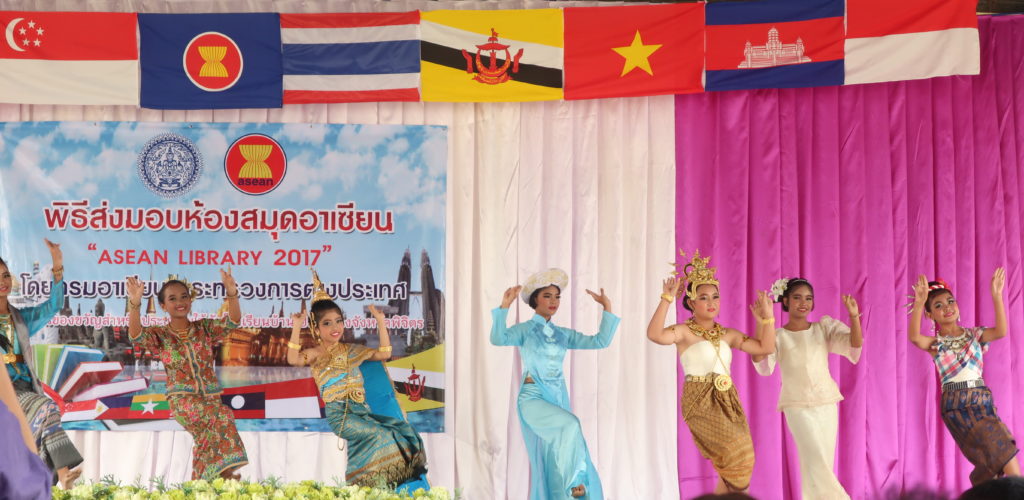
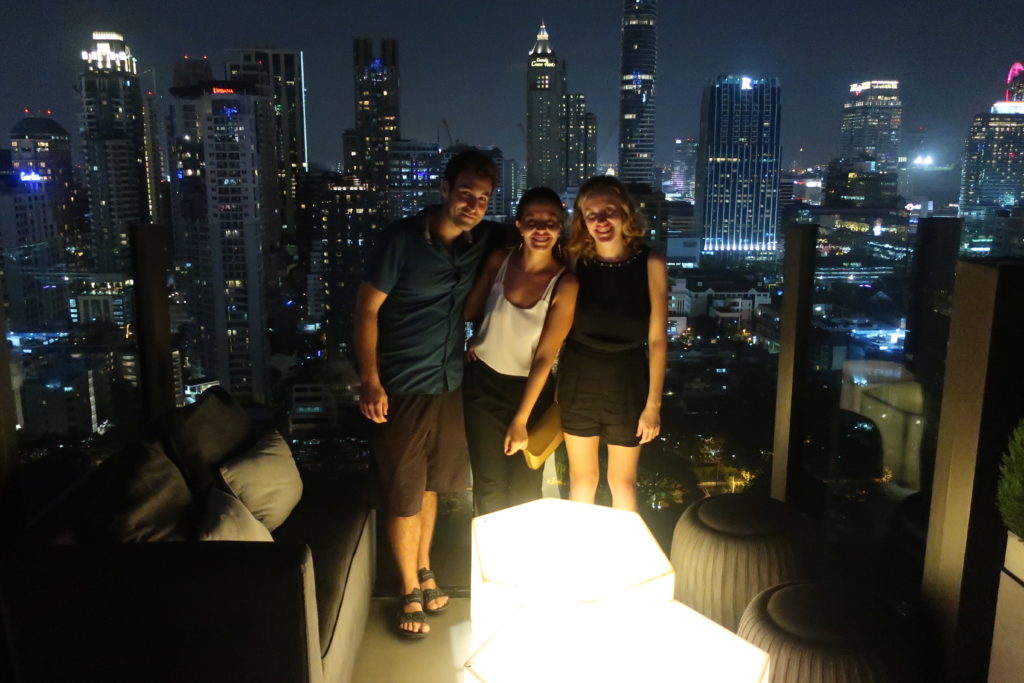
Be the first to comment on "Thailand Part 2"